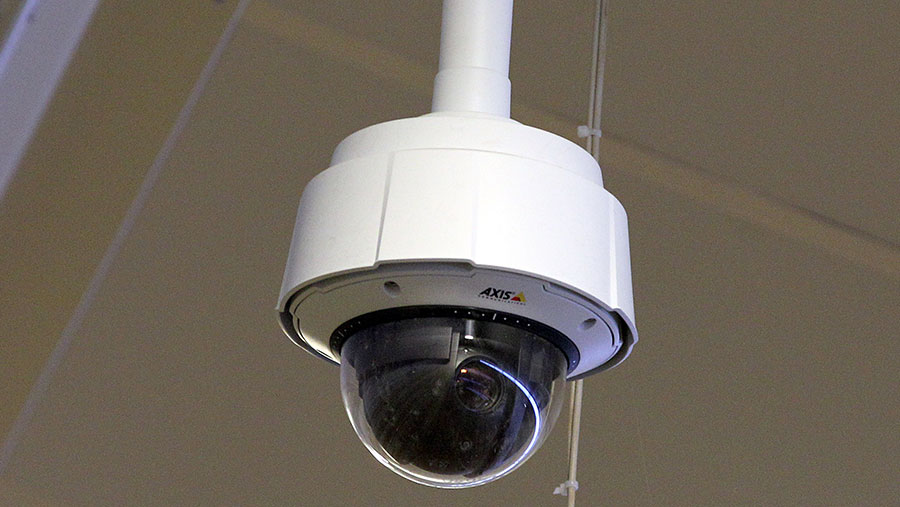Welsh government criticised for rejecting CCTV in abattoirs
 © Action Press/REX/Shutterstock
© Action Press/REX/Shutterstock Vets have criticised a Welsh government decision not to install cameras in abattoirs to capture welfare breaches, saying it will increase the risk of animal abuse.
The government had ordered an investigation into the possible benefits of making CCTV compulsory at Wales’ 26 slaughterhouses.
But, with just 312 reports of animal welfare breaches identified among the 3.7 million cattle, sheep and pigs, and 60 million poultry slaughtered in 2015, a government report concludes that this is “simply not sufficient basis’’ for making cameras mandatory.
See also: Abattoir worker jailed for ‘shocking’ animal cruelty
It is compulsory for Freedom Food accredited sites to have CCTV and these can range in cost from £5,000 to £25,000, but the government report suggests that existing controls in other abattoirs, including the presence of an official veterinarian, are sufficient.
“There is no evidence that CCTV does contribute to higher levels of welfare compliance,’’ the report states.
Disappointed
The British Veterinary Association (BVA) said it was disappointed with the decision, insisting that any potential risks to animal welfare are heightened by an absence of CCTV.
BVA president Gudrun Ravetz said the Association stood by its recommendation for CCTV to become mandatory in all slaughterhouses.
“We recognise that the cost of installing CCTV may be a burden for some very small abattoirs, but it is important that the animals we farm for food have both a good life and a humane death and CCTV has a key role to play in ensuring these requirements are met,’’ he said.
Breaches
The investigation by the Farm Animal Welfare Committee (FAWC) was ordered after video footage emerged showing animal welfare breaches in abattoirs in England.
Of the 312 animal welfare breaches reported in Wales in 2015, incidents included an absence of drinking water, overcrowding and cows not being milked.
The report ruled out a need for cameras to film stunning and bleeding practices because these areas were manned by experienced and trained staff.
